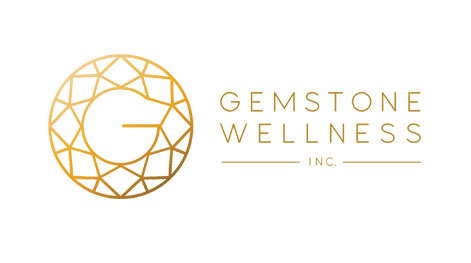Frequently Asked Questions About Therapy
Our FAQ is designed with your curiosity in mind. We recognize that when it comes to your well-being and the services we provide, you may have a variety of questions and uncertainties. We want to assist you in finding the information you need. Whether you're seeking clarity on our therapeutic approaches, appointment scheduling, or any other aspect of our services, this section aims to provide you with needed understanding to make your journey with us as smooth and informed as possible.
Contact Us
What even is therapy?
This is a common question, and there's no shame in asking! Therapy can vary between practitioners, but a few things remain consistent. It offers a safe, confidential space to better understand ourselves and find peace and acceptance amid life's challenges. At Gemstone Wellness, we help clients gain insight, develop self-compassion, and become more aware of how past experiences shape present feelings and decisions. Typically, sessions are held weekly and last about 50 minutes."
Is this the right practice for me?
We work best with individuals who are curious and open to self-discovery. Our ideal clients are committed to the therapy process and willing to build trust with their therapist. If you feel stuck in your personal growth, need support in healing from past or present challenges, or want a safe space to explore the complexities of your identities, one of our therapists is likely a great match. While we meet clients where they are, we also acknowledge the impact of systemic oppression, including white supremacy and patriarchy, on individuals and marginalized communities.
Is everything actually confidential?
Privacy is essential to a successful therapy experience. It's not only a legal and ethical requirement but also a core value at our practice. The only exception to confidentiality is when safety is at risk. If you disclose information indicating that you or someone else is in imminent danger, we are required to break confidentiality to ensure safety. Otherwise, your privacy will always be respected.
What can I expect at the first appointment?
Before your first session, you'll receive an invitation to our Client Portal via email. Through the portal, you can complete all necessary paperwork and enter the credit card you'll use for session payments. Your therapist will also need an updated copy of your insurance card (front and back). The first session is primarily about getting to know you and understanding what brings you to therapy. While we typically have a flexible approach, we may ask more specific questions in your first session to get a comprehensive understanding of your life. If you ever feel you need more guidance, don’t hesitate to speak up. Your therapist is here to help you feel comfortable as you begin building this important relationship.
How much will my insurance pay?
Great question! Insurance coverage varies by plan, and we can't guarantee exact details until we submit the billing. However, we recommend calling your insurance company and providing them with our practice name to verify your benefits. Be sure to ask specific questions, such as: Do you have a deductible for mental health coverage? What’s your co-pay or co-insurance? Is Telehealth covered? Taking the time to verify your benefits upfront helps you prepare for the financial side of therapy. The more informed you are, the better we can work together to plan for your sessions. We’ll keep a copy of your credit card on file and charge it weekly for any balance owed.
How long do people stay in therapy?
The duration of therapy is unique to each therapeutic relationship. Unlike settings such as university counseling centers that may limit sessions, we offer long-term support at Gemstone Wellness. We believe this is essential, as building trust and safety takes time. Many clients find that even after resolving the immediate challenge, the benefits of therapy continue. The course of treatment is determined collaboratively between you and your therapist, and there’s no set rule for what’s considered too short or too long. However, we do recommend that meetings, especially in the beginning, occur at least once a week to build consistency, commitment, and a strong therapeutic relationship.
